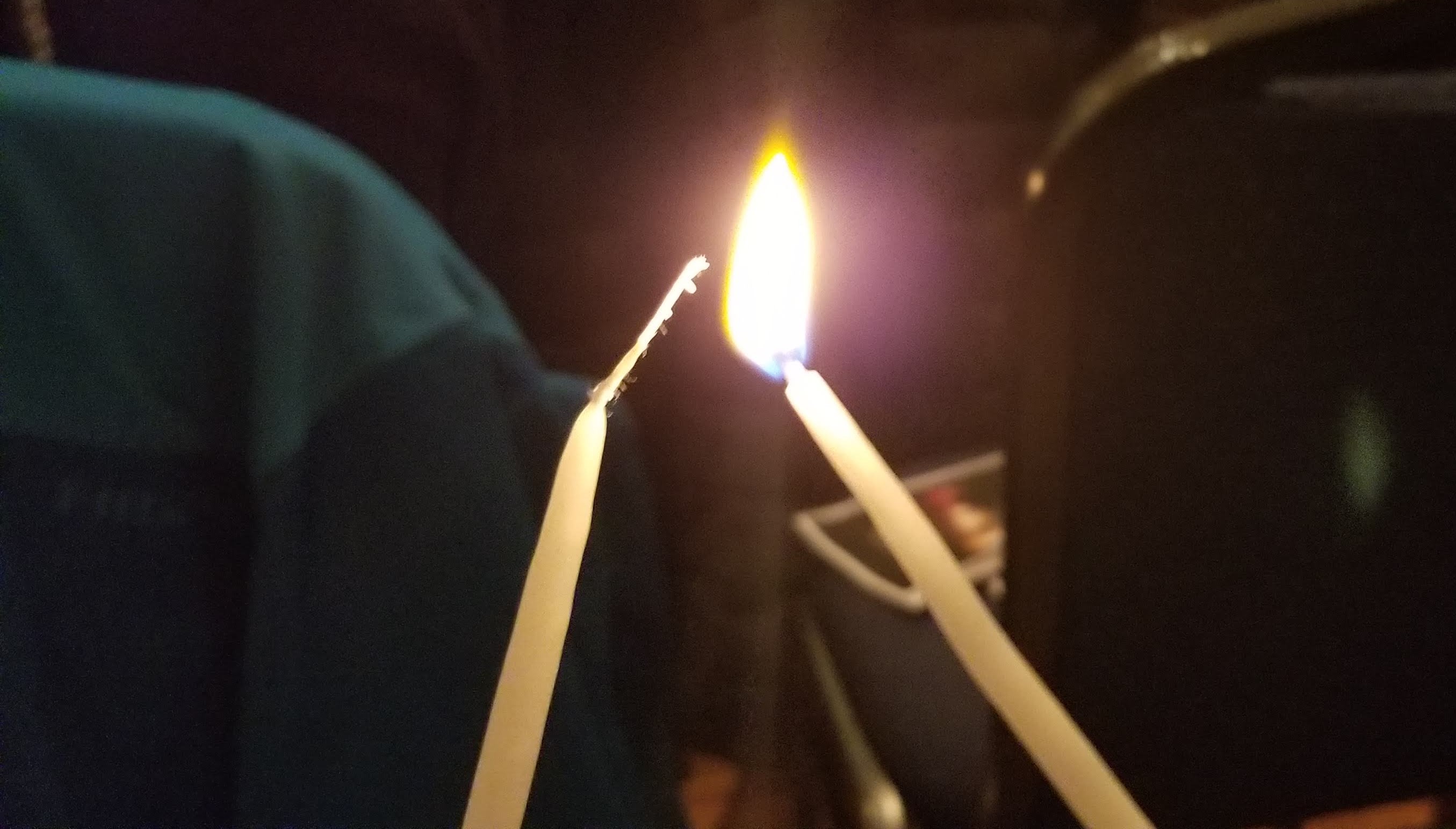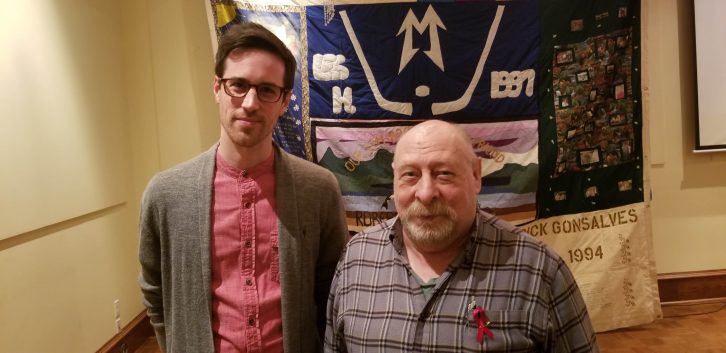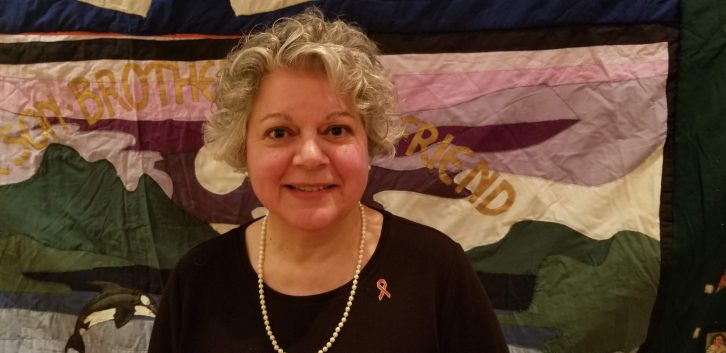HIV
World AIDS Day vigil mourns those who’ve died
As Nova Scotia sees spike in HIV cases, the AIDS Coalition of Nova Scotia hosts vigil

caption
Candles are lit to signify the lives of those who’ve died from HIV/AIDS.A candlelight vigil was held Saturday night for those who’ve died in Nova Scotia from AIDS — as the province sees a rise in new HIV diagnoses.
“On December 1st we focus inwards and remember those who have had HIV or AIDS and have passed,” said Dena Simon, executive director of the AIDS coalition.
The annual vigil was held in Halifax on World AIDS Day. The names of 332 Nova Scotians who have died were read aloud. At the end of the night, candles were extinguished to represent the lives lost.
Twenty-five new cases of HIV have been reported in the province as of the end of November, up from the annual average of 16. HIV is a virus that can develop into AIDS; if HIV is left untreated it can cause serious damage to the immune system.

caption
Colin MacLeod, left, and Mike Sangster, right, hope people understand that today HIV is manageable.Colin MacLeod, an AIDS Coalition of Nova Scotia board of directors member, wants younger generations to know the history of AIDS, but also wants to diminish the stigma associated with the disease.
“You can live a normal life,” he said.
Like MacLeod, former chair of the AIDS Coalition, Mike Sangster, wants people to see beyond stereotypes.
“It’s not the end of the world” to be diagnosed with AIDS today, said Sangster, as modern treatment and therapy allow people to live healthy lives. Sangster’s been living with HIV for over 20 years.
Those who take medication as prescribed can see a decrease in the number of HIV viruses in their body. This keeps their immune system strong and reduces the risk of transmitting the disease.
However, since this wasn’t always the case, Sangster said “it’s been a struggle” watching friends die.

caption
Dena Simon, the vigil’s main speaker, said Saturday was a day to focus inward and remember those who have died.The focus of this year’s World AIDS Day was “know your status,” said Simon.
“We know that there are people in Nova Scotia who are living with HIV and are not diagnosed, but we need to make sure they understand their status, so awareness is key,” she said, noting one undiagnosed case of HIV is “one too many.”
She said there’s a fear the disease is being spread at a larger rate this year because undiagnosed people are participating in risky acts, like unprotected sex or sharing needles.
Nova Scotians can contact the Halifax Sexual Health Centre for an anonymous blood test and further information.

